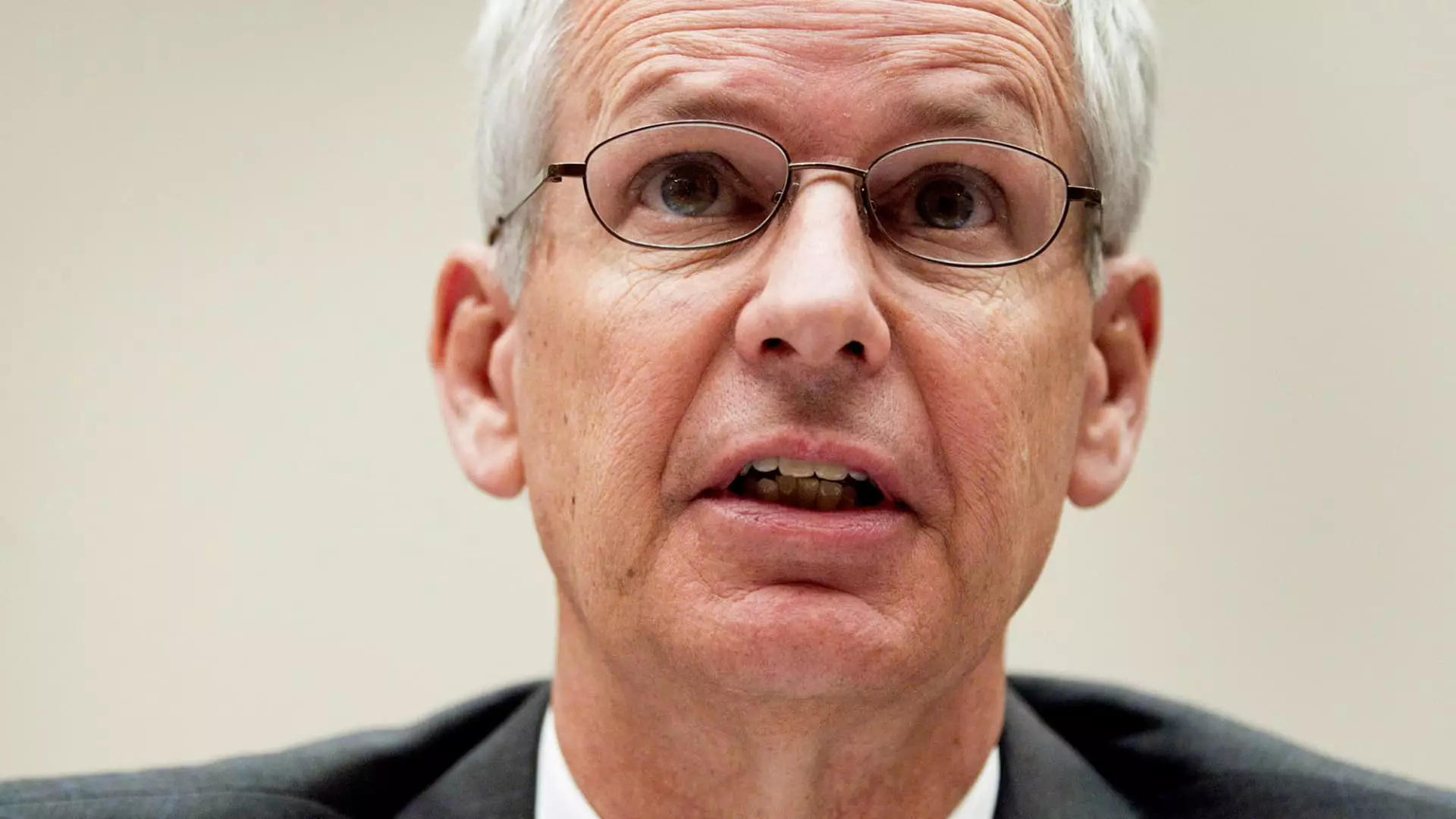The story of Dish Network is a tale reflecting the challenges of adapting to a rapidly changing media landscape. Much like the conclusion of the beloved sitcom “Seinfeld,” which ended with mixed reviews, Dish’s journey toward transformation and growth has concluded with what can only be perceived as disappointment. The once-prominent player in satellite television has struggled contra the rise of streaming platforms and evolving consumer preferences, culminating in a problematic acquisition by DirecTV for a nominal price in the face of enormous debt.
The metaphorical comparison between Dish Network’s strategic approach and “Seinfeld” was first articulated by co-founder Charlie Ergen, who, during a 2011 earnings call, likened the company’s fragmented assets to the sitcom’s interconnected storylines. Though he indicated a long-term vision would eventually coalesce, it became increasingly evident over the years that the anticipated alignment never materialized. As of this week, EchoStar, Dish’s parent company, has sold off the pay-TV entity to DirecTV amidst financial tumult, revealing not just an operational collapse but a futile attempt to navigate complex market dynamics.
EchoStar’s decision to relinquish Dish for a mere $1 and $9.75 billion in debt serves as a stark reminder of the erosion of value in the satellite television sector. Shares plummeted by over 11% following the announcement, punctuating the urgency of the situation and signalling that investors have lost faith in the company’s ability to rebound.
Dish Network’s attempts to pivot towards a wireless carrier have not borne fruit and serve as a case study in strategic misalignment. While the broader telecommunications environment is shifting towards integrated service offerings, Dish has floundered, losing millions of subscribers to burgeoning streaming services and high-speed internet offerings. The competition from established giants like Comcast and Charter has bled Dish of its once-loyal customer base, leading to a staggering combined loss of 63% of video subscribers since 2016.
EchoStar’s CEO, Hamid Akhavan, articulated the stark reality by acknowledging that the content-distribution landscape continues to decline. Rather than aligning itself with a digital-first approach that embraces change, Dish has remained tethered to an obsolete model. This miscalculation has not only hindered its competitive position but also severely diminished its market valuation.
The decision to remain an independent entity has ultimately proved detrimental. Back in 2014, a potential merger with DirecTV was on the table when both companies enjoyed relatively high market caps. With DirecTV subsequently being acquired by AT&T for $49 billion, Dish remained independent and, in the absence of strategic partnerships, has seen its enterprise value plummet alongside its dwindling subscriber base.
Investors and analysts had long anticipated a merger that could have provided the scale needed to survive in a challenging environment. However, EchoStar’s recent moves to offload Dish of its debt burden speak to a deeper recognition of the impending collapse of traditional satellite television.
In its quest to pivot towards wireless services, Dish made several strategic acquisitions, including Boost Mobile. Yet, without a sustainable partnership framework in place, financing both the wireless network’s rollout and its legacy pay-TV operations became untenable. As EchoStar’s leadership acknowledges, maintaining dual focuses resulted in management distractions that stymied growth.
The absurd comedy of errors at Dish Network echoes the finality of “Seinfeld’s” series finale — a narrative that once held promise faded into disillusionment. The telecommunications landscape is reshaping itself rapidly, yet Dish’s legacy of inefficacy underscores a vital lesson about the importance of adaptability. As the finale of this chapter closes, the question remains whether the remnants of Dish can either find resurrection or fade into obscurity.
Dish Network serves as a cautionary tale of mismanaged opportunities and the consequences of inertia in a dynamic market. The company’s inability to join the digital revolution has not only resulted in financial losses but also left lingering questions about its future. As an industry once beholden to satellite technology continues to pivot toward streaming and broadband services, the legacy of Dish may ultimately be one of a great show that failed to earn its finale.

